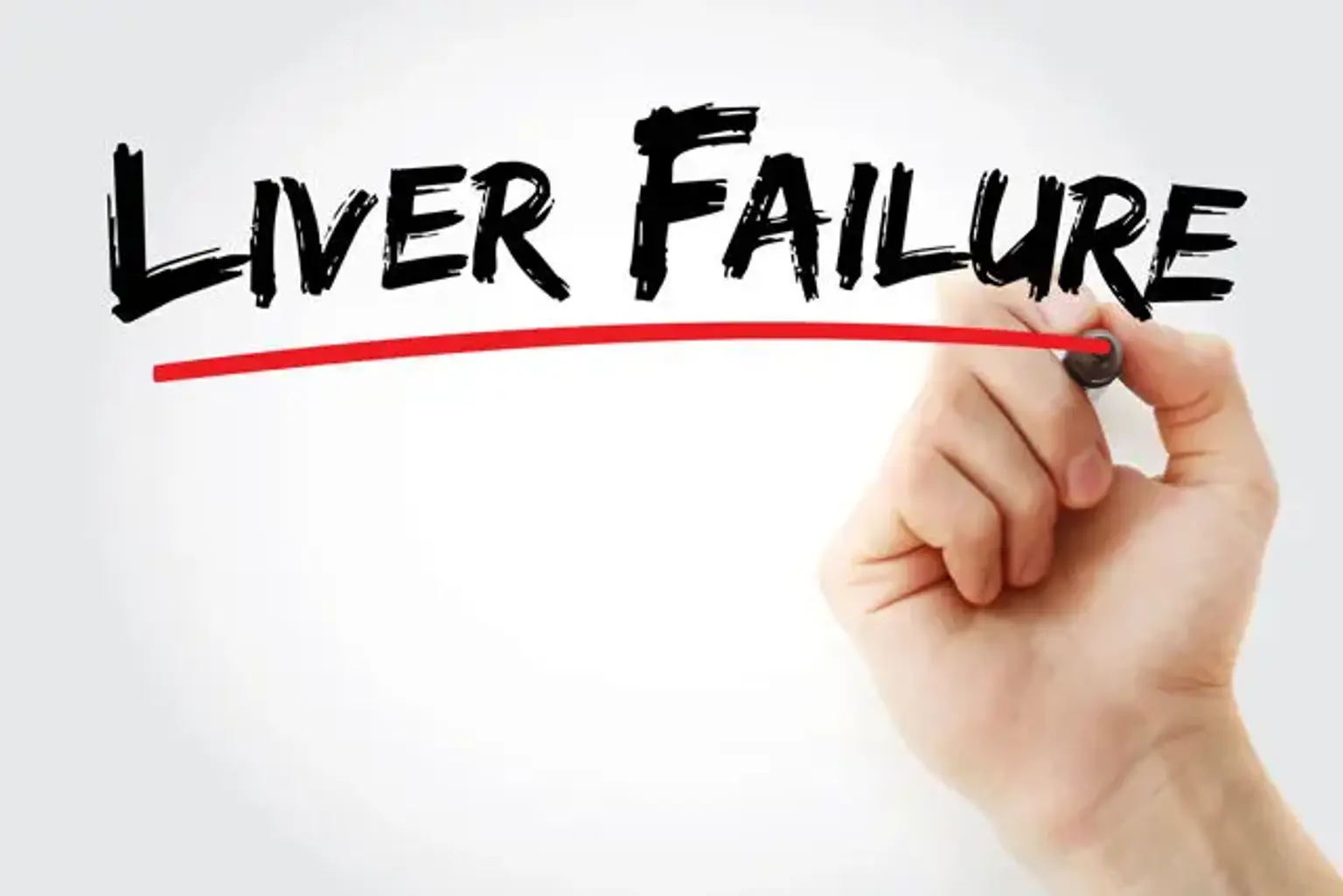Acute Liver Failure
Acute liver failure is an uncommon and often diverse occurrence of acute liver dysfunction in a patient who does not have any other indications of liver disease. Despite its substantial morbidity and mortality, its overall survival has increased due to advances in intensive care and emergency liver transplantation. The cornerstones of acute liver failure treatment remain a high index of suspicion, early transfer to a specialist liver transplantation hospital, and sufficient supportive management. Improved awareness and knowledge of the pathophysiology of liver injury and multi-organ dysfunction treatment can assist better outcomes in the future.
Acute liver failure is defined as the occurrence of severe acute liver injury with encephalopathy and impaired synthesis function (INR of 1.5 or greater) in a patient who does not have cirrhosis or previous liver disease and has been ill for less than 26 weeks.
Patients for emergency liver transplantation are identified using prognostic factors, and candidates for surgery are prioritized on waitlisting systems. The results are now comparable to those of elective surgery. However, in the vast majority of cases, especially those involving paracetamol-induced pathology, supportive medical care is all that is required. Over the last 30 years, achieved results for patients with acute liver failure have improved considerably, but mortality is still unsatisfactory, necessitating further breakthroughs in therapy.
